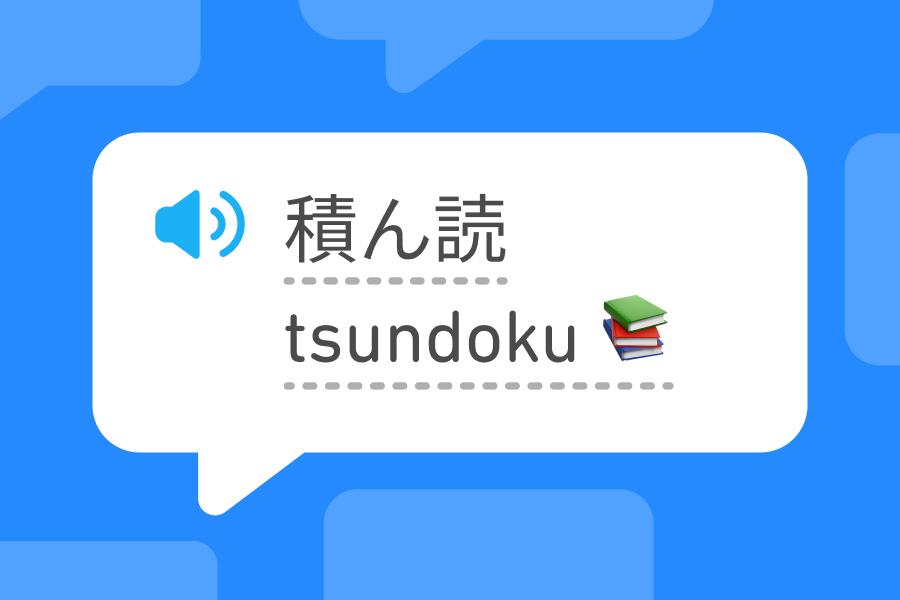Japanese is full of expressions that capture subtle emotions, social values, and aesthetic sensibilities of the culture that don’t quite translate into other languages.
Here are five uniquely Japanese words that offer a glimpse into Japanese culture and might just express something you’ve felt but never had the words for!
Wabi-sabi
Japanese: わびさび
Translation: rustic and imperfect
Wabi-sabi is a traditional Japanese aesthetic that celebrates imperfection, impermanence, and simplicity. Japanese cracked pottery (kintsugi), viewing falling cherry blossoms (hanami), and raked sand gardens (karesansui) are all great examples of wabi-sabi.
The word combines wabi (rustic solitude) and sabi (feelings of loneliness), and together they express a deep appreciation for things that are incomplete or fleeting—which serves to remind us to live in the here-and-now. This sensibility is woven throughout Japanese culture, appearing in everything from architecture and poetry to the tea ceremony. Wabi-sabi invites us to see that beauty doesn’t require perfection, and that simplicity often holds the most profound elegance.
Tsundoku
Japanese: 積ん読
Translation: piling up unread books
Tsundoku is a playful mixing of the phrase tsunde-oku (to pile up for later use) and the suffix -doku (reading) to become a single word meaning “to pile up for later reading.” While tsundoku can bring to mind hoarding, the word doesn't have a negative connotation—rather, it calls to mind quiet ambition. That stack of unread books represents curiosity, anticipation, and the idea that someday you’ll get to them. 📚
As the suffix -doku means “reading,” this phrase technically refers to collecting or hoarding reading materials, but it can be used playfully for other kinds of entertainment, like having a massive streaming watchlist or a digital library full of unplayed games.
Setsunai
Japanese: 切ない
Translation: (emotionally) painful
Setsunai is usually translated as “painful” or “heartbreaking,” but is actually a mix of sadness, longing, and a kind of nostalgia. The kanji 切 (setsu or ki) is a hint: It means “cut,” and it evokes the image of being cut to your core by an emotional event.
Unlike kanashii (sad), setsunai has a poetic quality. It’s often used in songs, movies, and novels to express quiet heartbreak or emotional vulnerability. In daily life, people might say setsunai when talking about a memory, a farewell, or even a beautiful sunset that disappears too quickly.
Kuyashii
Japanese: 悔しい
Translation: frustrated, chagrined
Kuyashii expresses frustration and regret, especially when you feel you could’ve done better. For example, it describes the sting of losing a game, missing a chance, or making a mistake you wish you could go back in time to fix.
However, kuyashii doesn’t only have negative connotations! It's often said with a strong desire to improve and come back successful the next time around. In Japanese culture, it’s closely tied to the virtues of perseverance, effort, and doing one’s best. You’ll often hear athletes say kuyashii after a tough loss or students after a failed exam. It’s a word that turns disappointment into motivation.
Taihen
Japanese: 大変
Translation: extremely trying or difficult
Taihen—made up of the kanji for “big” (大) and “strange” (変)—is usually translated as “trying” or “difficult,” such as when describing a tough day on the job or a situation that leaves you at your wits’ end. However, when used in regard to another person, it's used to show sympathy or even admiration for that person’s hardship. For example, if someone’s had a hard day, you might say Taihen deshita, meaning “That must have been really tough.”
Taihen can be used in a wide range of situations, such as expressing shock, dismay, or panic. It can also be used more negatively to emphasize the extreme nature of something.
Learn about Japanese culture, one word at a time!
These unique words don’t just describe things: They reveal how Japanese people think, feel, and connect with each other. By learning them, you’re learning to see the world through entirely new eyes!

 Lamborghini Manifesto, uno sguardo al futuro della Casa del toro
Lamborghini Manifesto, uno sguardo al futuro della Casa del toro